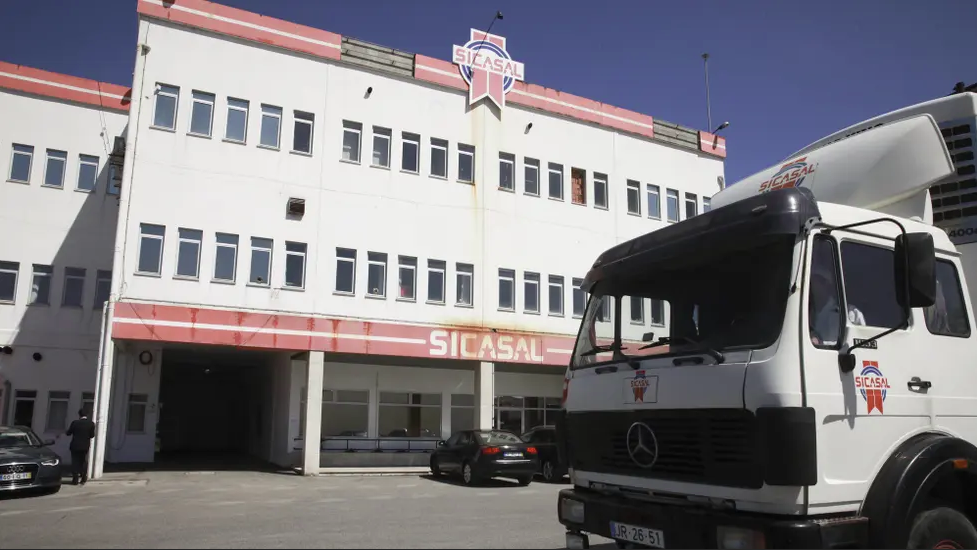"This more Francoist sector denies that Franco had moments of strong temptation" to abandon Spain’s neutrality in World War II and join Nazi Germany and Fascist Italy, Ros Agudo told Lusa in Madrid.
The historian and university professor is author of the 2008 book ‘The Great Temptation’, which revealed a very detailed military plan, drawn up in 1940, to invade Portugal that Franco kept secret until his death in 1975.
Ros Agudo said he had "no evidence" that would lead him to think that Franco's goal was the political unification of the Iberian Peninsula. Rather, he argued, the dictator was preparing for Britain’s likely reaction if Spain ceased to be a neutral country and instead aligned himself with Germany and Italy.
"It's a plan for a war against England: if Spain abandoned neutrality and invaded Gibraltar, England would occupy the Canary Islands and invade Portugal to strike back," he explained.
Ros Agudo stresses that he is not "attacking Franco as a politician" but rather to expound "the thought of the professional soldier" that the dictator was.
"There is a stage in which Franco is about to enter the war, but the Francoists deny that,” he said. “They deny the evidence."
Ros Agudo wrote his book based on a 99-page document stored at the Francisco Franco Foundation that describes in detail a plan to invade Portugal.
In the historian's opinion it is conclusive proof of Franco's willingness to go to war alongside the Berlin-Rome axis – contrasting with the version promoted by his regime in the decades following World War II, according to which Spain would never betray its neutrality in the face of Hitler's temptations.
The university professor has no doubt that the level of detail of the logistic descriptions, of the enemy, of the terrain, of Spain’s own resources and of the strategic detail of the plan in the document do not correspond to "mere military manoeuvers".
The document includes maps of the route the army must follow, imitating the Blitzkrieg of Germany’s Wehrmacht, to occupy with all speed the neighbouring country up to and including Lisbon.
The plan for Portugal's occupation foresaw the deployment of 250,000 soldiers by land who would move along two lines to divide the country into three, to facilitate the control of the territory.
At the same time, the Spanish air force would attack enemy air bases in Portugal, destroy communications hubs, support the land army and fly over the Cantabrian Seas and the Mediterranean, anticipating possible incursions from Britain, Portugal's oldest ally.
Both Spain and Portugal were officially neutral throughout World War II.










Thankfully, General Franco did not take the temptation of doing the "wrong thing" by invading Portugal.
Rest assured, the U.K. and the U.S. would have helped Portugal defeat Spain once again.
By Marc J Moniz from USA on 19 Dec 2019, 01:23